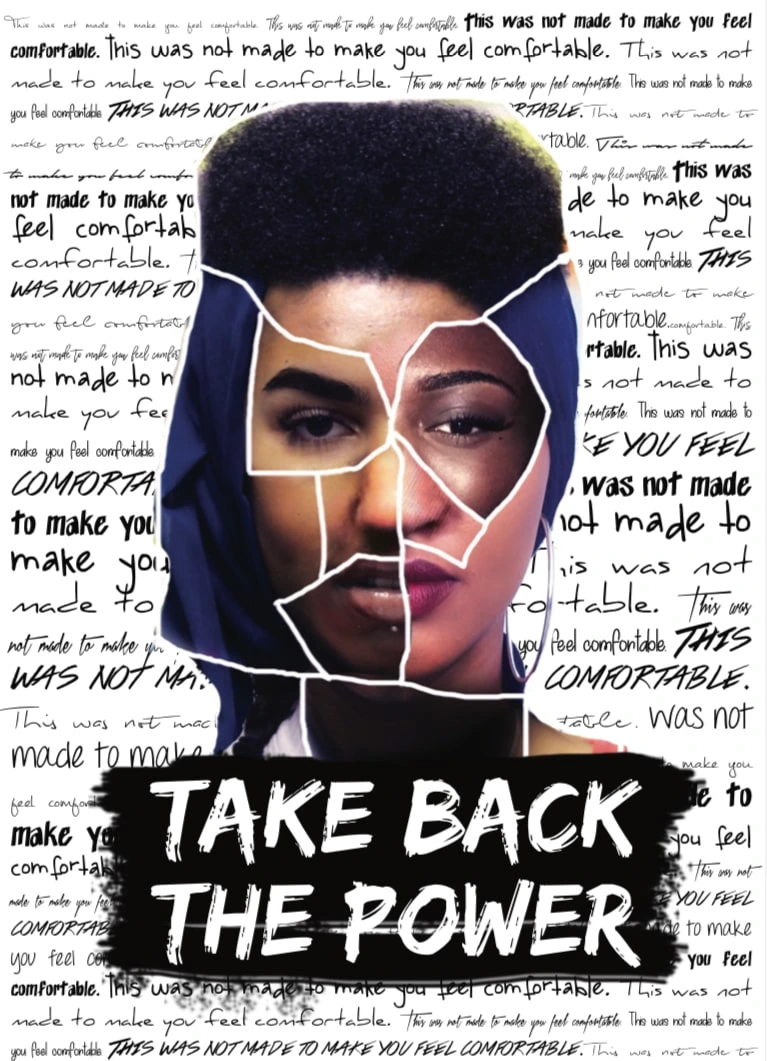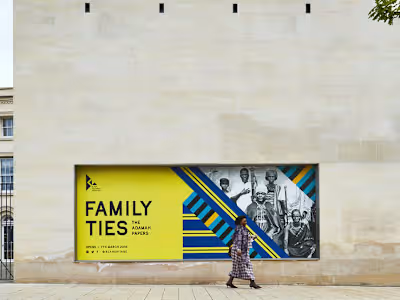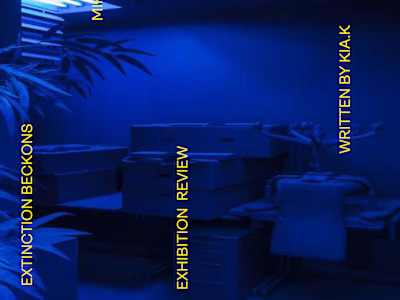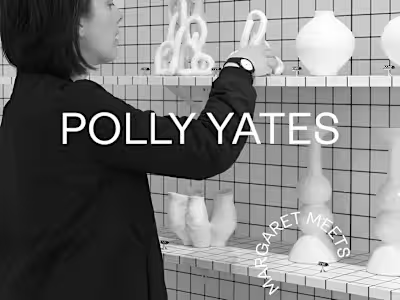Take Back the Power: Creative Output & Community Organising
My experience over the years working as a PAR researcher and community mobiliser in organisations such as Take Back the Power followed by The Breakout Room has contributed to my development as a stellar researcher, creative and community mobiliser. I took on the multifaceted role with a strong commitment to refining my understanding of social justice work and issues while undergoing participatory processes of research and knowledge collection.
Take Back the Power, 2017.
My introduction to the world of PAR research began at 17 through The Winch(ester). A youth and community charity based in North London. Here I learnt the fundamental principles of both partaking in and coordinating PAR work. My worldview expanded and my community grew. Soon the impossible became possible and questions I'd been forced to leave unanswered as a child came back into focus, this time amongst those dedicated to giving me the skills and knowledge to acquire the answer.
The value of PAR went beyond youth employment. Its principles and world-lens have become entrenched in my value system. Its emphasis on creativity as not only a political act but an intrinsic human nature was quickly adopted as my philosophy. Finally, I found myself amongst those who shared my commitment to centering wellness, fighting inequality and devoting a lifetime to learning how to improve these strategies and strengthen our communal relations.
Of this came about many brilliant works and outcomes including our collective zine. A physical manifestation of our anguished voices and cries as young working-class, POC in the education system:

Take Back the Power, 2017 zine front cover.
The impact of our work, our words and our collective efforts went beyond us. The zine was stocked in a number of radical bookstores in London and swiftly transformed into a charming addition, prompting numerous requests for replenishments to attest to its popularity.
Data Collection Methods.
During my tenure with these organisations, we employed various data collection methods, including conducting surveys, visiting archives and other historically and culturally relevant spaces, conducting interviews, designing questionnaires, and engaging in participatory observations. Off the back of this, a significant portion of our time was allocated to handling and analysing sensitive data, encompassing both qualitative and quantitative information. All throughout, our commitment to a sensitive handling of findings and our interactions with participants remained at the forefront of our work. Our dedication to the ethical handling of sensitive data speaks not only to the qualities of an exemplary researcher but, more precisely, to a researcher operating in alignment with the nature of your organisation's mission.
Actionable Data Collection Work.
Beyond gathering knowledge, our primary focus was converting our findings into actionable insights and sources of knowledge that would be made widely accessible. Unlike your average research group, we did not settle for producing reports and documentation destined to gather dust. Our methods of documenting were opportunities to connect with the wider community and place joy at the centre of social justice work.
While the value of preparing comprehensive reports, research summaries, and presentations was not lost on us, the emphasis was placed on sharing knowledge in ways that were sure to connect us to our local communities and allow for deeper self-reflection and acknowledgement of our lived experiences in ways that were holistic, communal, and healing, making the journey of acquiring knowledge a retrieval of joy. In essence, it was an exercise in revolutionising the way we approach knowledge gathering, meaning-making, and serving our community.
In Summary.
To this day, the labour of love in working side-by-side with the collective, partnering with like-minded organisations that share our vision and campaigning for funding to address the vital needs we identified within the community continues to be unparalleled.
Key Skills Used:
Event Planning and Facilitation
Creative Writing
Building Professional Relations
Comprehensive Research Approaches
Data Collection
Data Analysis
Community Engagement
Action Planning
Ethical Research Practices
Community Organising
Like this project
Posted Oct 16, 2023
In 2017, I worked on transformative projects with TBTP, emphasising creativity,wellness,and community. We turned insights into actionable knowledge.
Likes
0
Views
6





